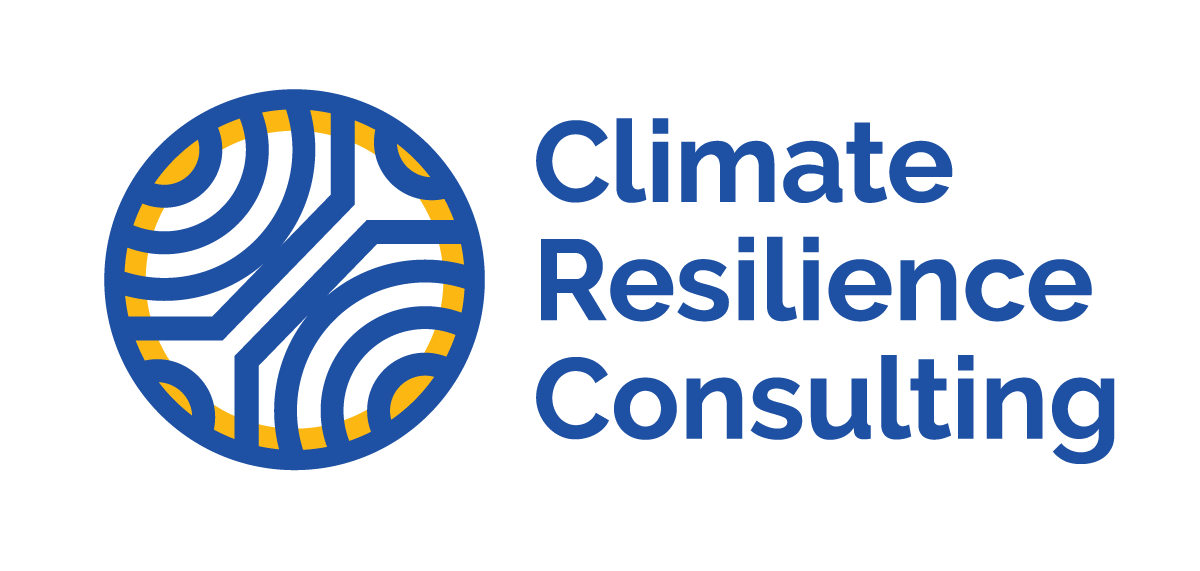This post initially appeared in Triple Pundit: http://www.triplepundit.com/2017/03/science-and-the-city/
A pivotal conversation in Chicago galvanized my career in adaptation. A group of scientists from Washington, D.C., were visiting as part of a roadshow preceding the rewrite of the National Climate Assessment. After an hour of posturing and talking at us, they asked if there were questions.
I couldn’t help myself. I gave them a verbal licking for assuming that we practitioners knew nothing of science – or anything really. It shushed the room and opened the door to many excellent speaking engagements, where I often was the token practitioner on a panel of scientists.
During one such panel session, after a climate scientist wowed a room of Doctors Without Borders physicians by describing changes expected from extreme heat, vector-borne disease and extreme weather events, the first question to the scientist was: “What should we do about these risks?” The scientist responded, “I don’t know. I make science. You guys are the ones with the solutions.”
What?
Perhaps in this era when science seems so devalued at the federal level, we possess an exceptional opportunity to bring science to cities. Indeed, many cities wish they had the bandwidth to increase the evaluation of evidence to shore up their decisions.
Not all scientists are averse to digging into local issues and suggesting solutions. When I led implementation of the Chicago Climate Action Plan, I benefited from two incredible science rock stars who prepared the city’s climate risk assessment: Katherine Hayhoe and Don Wuebbles. And, of course, the New York City Panel on Climate Change is a respected and relatively well-known local scientific engagement.
So, if you’re frustrated that U.S. Environmental Protection Agency regulations might be rolled back, recognize that local government can be a way to control private-sector environmental harms. If you’re worried that federal data and tools have been removed from the public domain, take your data and tools to a city’s public domain. If you’re unsure how you can make an impact on the world without the federal government’s support, consider all that cities have done and have the power to do.
While scientists and their supporters rearrange their packed schedules to participate in the March for Science later this spring “to support and safeguard the scientific community,” I encourage you to look up your mayor’s office and make an appointment for a chat. And I do mean your mayor. It doesn’t have to be Chicago Mayor Rahm Emmanuel or any big-city chief executive. What about the mayor of your mom’s town? You could return as the prodigal son or daughter.
When you secure a meeting, prepare a three-sentence overview of what you do. Not a book or even a short bio. After brief introductions, start the meeting with such questions as:
- What sort of science do you need?
- What department heads are using science in their work right now?
- How can a scientist be helpful to your work?
- What innovation are you most proud of?
- What most needs work?
Then listen. If in this first conversation you talk 15 percent of the time and listen the other 85 percent, you have succeeded.
And please don’t follow up with half a dozen peer-reviewed articles that raise complex questions and end with complex questions in tiny print. That just reminds your city friends of the gulf between your research and their practice.
Instead, suggest ways to reframe their questions, offer ideas for solutions from the literature, put them in touch with knowledgeable scientific colleagues, and create your own “support and safeguards for the scientific community” — in your actual community.
Now, proceed, scientists, to make some science in the city. You might find it invigorating.
Image credit: Pexels
Joyce Coffee, LEED AP, is president of Climate Resilience Consulting, https://www.climateresilienceconsulting.com/, working with leaders to create strategies that protect and enhance markets and livelihoods through adaptation to climate change. She also collaborates with scientists at Arizona State University on the Urban Resilience to Extremes Strategic Research Network. Previously, she worked with the University of Notre Dame Environmental Change Initiatives’ “Science Serving Society” as managing director of the Global Adaptation Initiative. Earlier in her career, she led implementation of the Chicago Climate Action Plan @joycecoffee.

